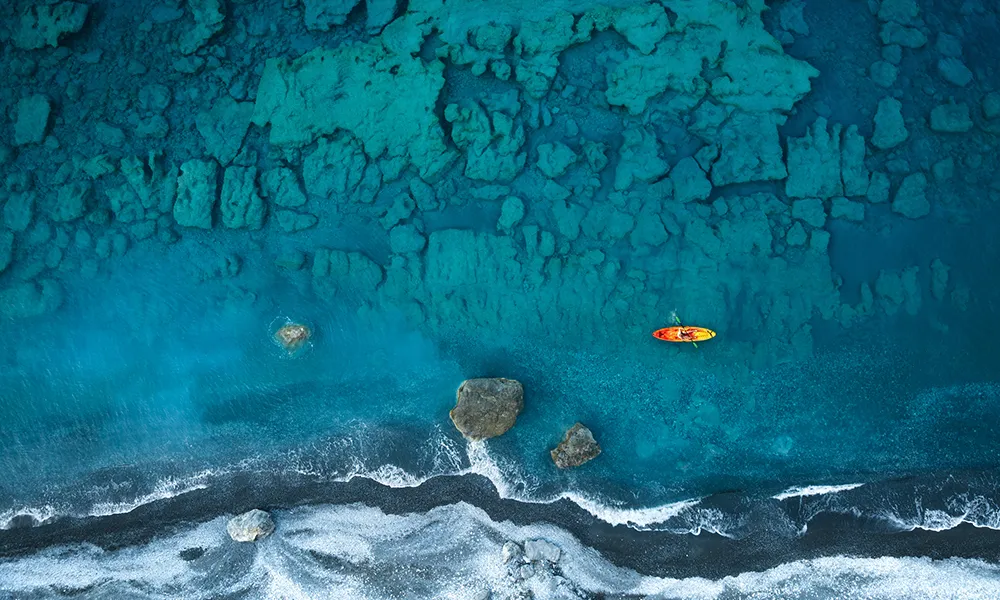Thanasis Sfetsos explains how the innovative, circular project Med-IREN is building climate resilience in the Mediterranean.

Thanasis Sfetsos from the National Centre for Scientific Research “DEMOKRITOS” outlines how the EU-funded Med-IREN project, launched in 2024, is helping Mediterranean regions adapt to climate change by embracing circular economy principles and Nature-based Solutions (NbS).
The Mediterranean is highly vulnerable to climate impacts such as droughts, floods, wildfires, and rising temperatures. Traditional development models have intensified these challenges, highlighting the need for regenerative, sustainable approaches.
Med-IREN focuses on:
- Restoring wetlands
- Greening urban spaces and infrastructures
- Enhancing coastal ecosystems
- Reducing wildfire risks
- Using water-smart technologies
The project is piloted in Spain, France, Italy, Greece, and Cyprus, each serving as a testbed for NbS integrated with traditional infrastructure. For example, in Tuscany, recycled marble gravel is used to protect coastlines in a sustainable and aesthetically natural way.
Med-IREN promotes:
- Ecosystem-based infrastructure
- Community co-designed interventions
- Scalable and locally tailored solutions
- A holistic model linking environmental restoration with societal resilience
As a Mission on Adaptation to Climate Change initiative, Med-IREN aims to demonstrate that working with nature can turn risks into opportunities while supporting economic and social sustainability across Europe.



0 Comments